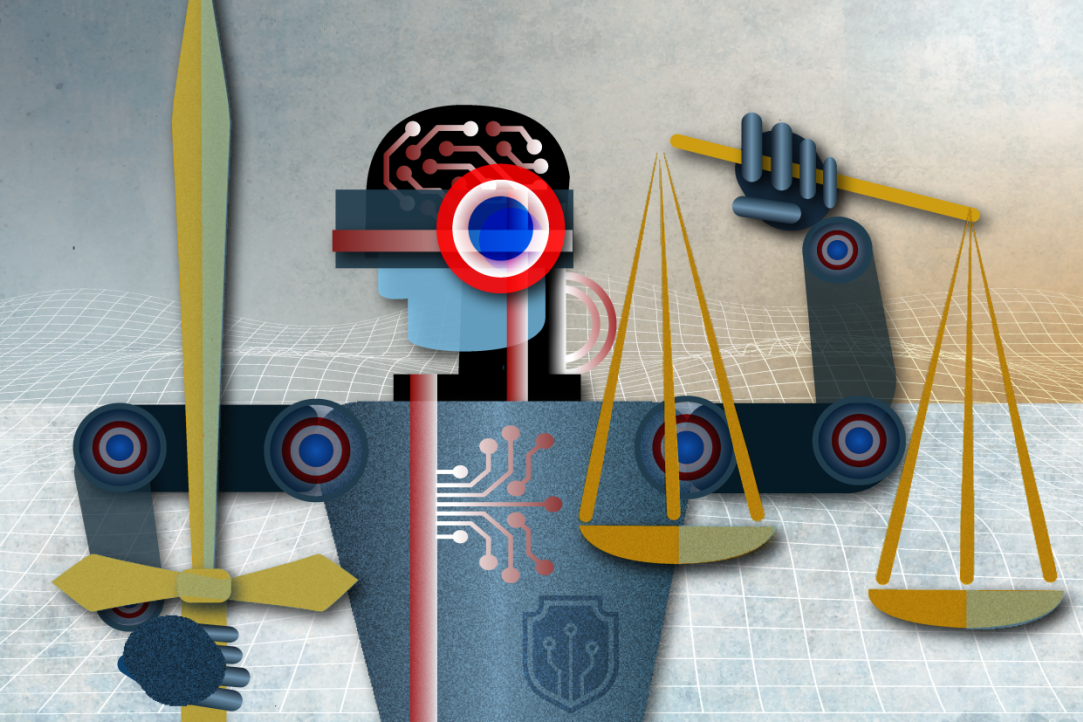The year 2019 ended with an important event: Russia approved its first national standards for artificial intelligence. Starting in September 2020, AI-based smart systems will need to comply with these new regulations. It is far more difficult, however, to regulate people's attitudes towards such systems. People tend to fear and idolise AI, but should they really? Henry Penikas, Assistant Professor of the HSE Faculty of Economic Sciences, discusses why they probably shouldn't and how algorithms can be fooled.




















